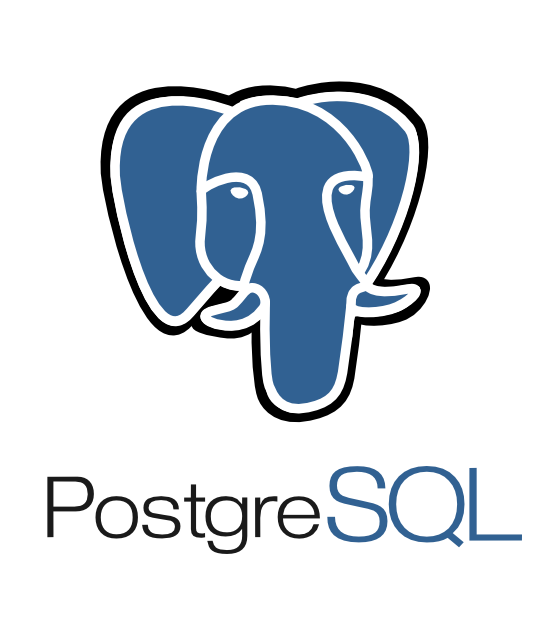 The other week, I wrote about introducing SQLite support to Known.
The other week, I wrote about introducing SQLite support to Known.
Seemingly, I was on a role, and because a client asked me to look in to Postgres support for a separate project, I thought I’d have a crack at implementing support for Known, which I’m glad has been merged in.
This turns out to have been useful to a bunch of folk, for which I am glad.
Installation
Postgres support is still in Beta, and MySQL is still the recommended database engine, so currently installation is a bit of a manual process.
First, you need to make sure you’ve got Postgres support built in to PHP:
apt-get install php5-pgsql php5enmod pgsql
Then, you need to modify your config.ini
database = 'Postgres' dbname = 'dbname' dbpass = 'password' dbuser = 'username' dbhost = 'hostname' filesystem = 'local' uploadpath = '/path/to/upload_directory/
Once you’ve done that, you need to install the schema, which currently needs to be done from the command line.
psql -c 'create database;' -U psql -U -d -a -f schemas/postgres/postgres.sql
Assuming you got no errors, you should now be good to go!

